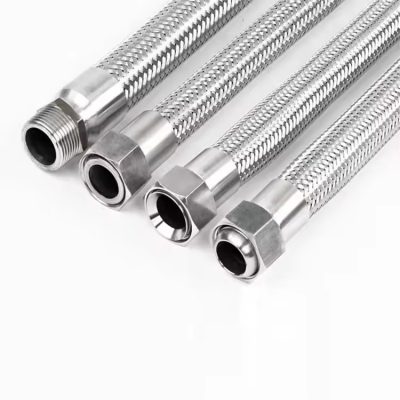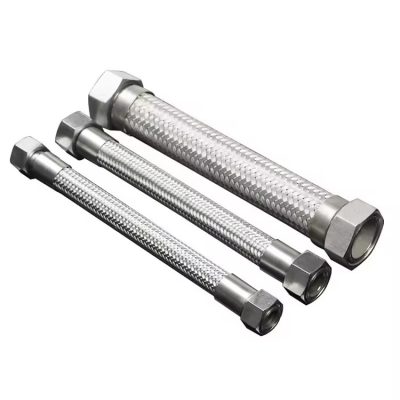In HVAC (Heating, Ventilation, and Air Conditioning) systems, metal hoses are essential for maintaining efficiency and ensuring long-term performance. These hoses facilitate the transfer of fluids and gases in heating and cooling systems, contributing to the overall functionality and reliability of HVAC systems.
High-Pressure Performance: HVAC systems often operate under varying pressure conditions, including high pressures in refrigeration and cooling systems. Metal hoses are designed to handle these pressures effectively, ensuring that the system operates safely and efficiently. Their strength and pressure resistance prevent leaks and failures, which is critical for maintaining system performance.
Temperature Tolerance: HVAC systems experience a wide range of temperatures, from the heat of compressors to the cold of refrigerants. Metal hoses are engineered to withstand these temperature extremes without losing flexibility or integrity. This temperature resilience ensures that the hoses continue to perform reliably, contributing to the overall efficiency of the HVAC system.
Durability and Longevity: Metal hoses are known for their durability, which is essential for HVAC systems that require reliable long-term operation. Their resistance to abrasion, impact, and environmental factors ensures that they maintain their performance and extend the service life of the system. This durability reduces the need for frequent replacements and maintenance, enhancing the overall cost-effectiveness of HVAC systems.
Flexibility for Installation: The flexibility of metal hoses allows for easy installation in HVAC systems, where space can be limited and routing complex. Metal hoses can be bent and routed through tight spaces without kinking, ensuring smooth fluid and gas transfer. This flexibility also facilitates easier adjustments and modifications to the system.
Corrosion Resistance: HVAC systems can be exposed to moisture and varying environmental conditions that may lead to corrosion. Metal hoses are constructed from materials that resist corrosion, ensuring that they remain functional and reliable even in damp or corrosive environments. This resistance contributes to the overall longevity and efficiency of the HVAC system.








